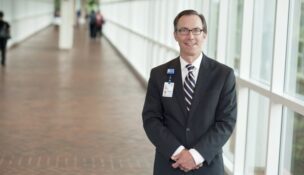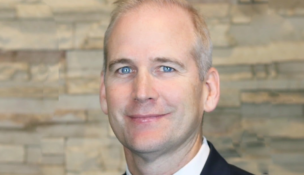U.Va., VCU researchers battle pandemic
Kate Andrews //April 30, 2020//
While health care workers scrambled to keep up with the growing number of COVID-19 cases in Virginia, researchers in Charlottesville and Richmond were working to solve the pandemic.
In March, VCU Health liver specialist and cancer researcher Dr. Arun Sanyal began testing remdesivir, an antiviral medication that is showing promise as a treatment for COVID-19.
Along with researchers at several institutions in the United States and in other countries, Sanyal is testing remdesivir on people with moderate to severe virus symptoms. These patients are sick enough to be in the hospital, he says, with documented fever and pneumonia. The worst cases are people who are on ventilators.
As of April 8, there were 22 patients enrolled at VCU Health, a number that changes daily, and the trials, Sanyal says, are “progressing well. Several have already been discharged, and the rest are stable or recovering. We have no deaths in enrolled patients.”
The medication, developed by California-based Gilead Sciences Inc., is given intravenously to patients for five or 10 days in the clinical trials, and Sanyal is tracking the patients’ symptoms. Some moderate patients are given a placebo as a control group.
Once he has results from the trial, Sanyal will send his data to Gilead, which will provide a full analysis of remdesivir to the U.S. Food & Drug Administration for fast-track approval — with the aim of full approval by May or June.
In early April, U.Va. Health joined the national clinical trial for remdesivir sponsored by the National Institutes for Health. In early April, the hospital had enrolled two patients.
Also in Charlottesville, two researchers are working on a COVID-19 vaccine. In late March, Peter Kasson, an infectious disease specialist and associate professor of molecular physiology and biomedical engineering, and Dr. William Petri, a professor and vice chair for research at the U.Va. School of Medicine, were close to testing their vaccine on mice.
Other researchers are slightly ahead in testing COVID-19 vaccines, Kasson notes, but his team and Sanyal are also an important part of a larger effort to lower the number of sick and dead. “I’m hopeful that we can, as a society, leverage some of the technology to slow the spread.”
i


















